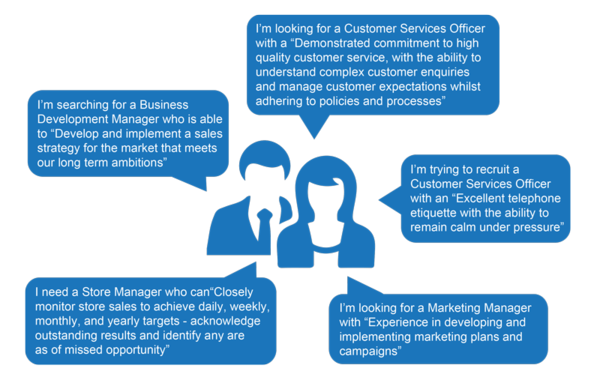As government health directives closed or limited non-essential retail outlets and more people chose to shop online, having an online presence to attract customers and offer alternate purchasing options became vital to survival for many businesses. ACS Australia’s Digital Pulse 2020 highlights that:
- Previously physically-delivered industries have transformed their products, offering new online services to consumers – for example telehealth.
- Expenditure on food delivery services increased 230% compared to pre-COVID levels.
- Restaurants, clothing stores and other retail moved substantially or entirely online.
ACS Australia’s Digital Pulse 2021 survey results of Australian businesses in August 2020 showed this shift to online activity increased average online revenue between $105,000 and $708,000 for small businesses. This shift to digital purchases is expected to persist, with home deliveries expected to remain 25% higher than before March 2020.
FutureNow’s Industry Snapshot: Sport reveals national sports training packages have recently been updated to encompass COVID-19 operational changes and policy and framework content, as well as skills in communication, online and social media, marketing, initiative, and enterprise to aid in COVID-19 recovery.
According to the Administrative Services Workforce Profile, many Australian businesses lost capacity in their offshore centres in Indian and the Philippines when COVID lockdowns took effect. Telstra recruited at least 1000 new staff in Australia to cover the shortfall and is set to permanently change the way it provides customer service post-COVID with an aim to route all inbound voice calls through Australian call centres by 2022.
The PwC Australia report Where Next for Skills? states the digital skills needed to support consumers as they transition to online purchasing and to engage these customers through electronic business communication and marketing channels were already in short supply and the pandemic magnified that shortage. The article Redefining Customer Experience: Connecting in the Time of COVID-19 shows that as more customers are having to make purchases online, which has meant that human connections – and thereby customer service skills – have become essential. This is supported by further article in the series, which advocates blending digital and human experiences.
Frontline customer service representatives have been required to augment their skills, regarding health and safety, to try to minimise the risk of COVID-19 transmission by staff and patrons. The Infection Control Skill Set (Retail) was endorsed in May 2020, followed by cross sectorial skill sets with contextual advice for 10 industry sectors in July.
Media reports and viral social media posts of some consumers who struggled with changes in public health requirements and temporary supply difficulties also highlighted the importance of conflict resolution skills for customer service workers. The new skill set Manage disrespectful, aggressive or abusive customers was endorsed in October 2020.




